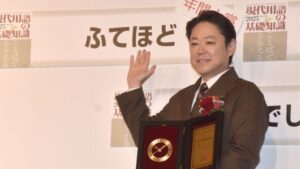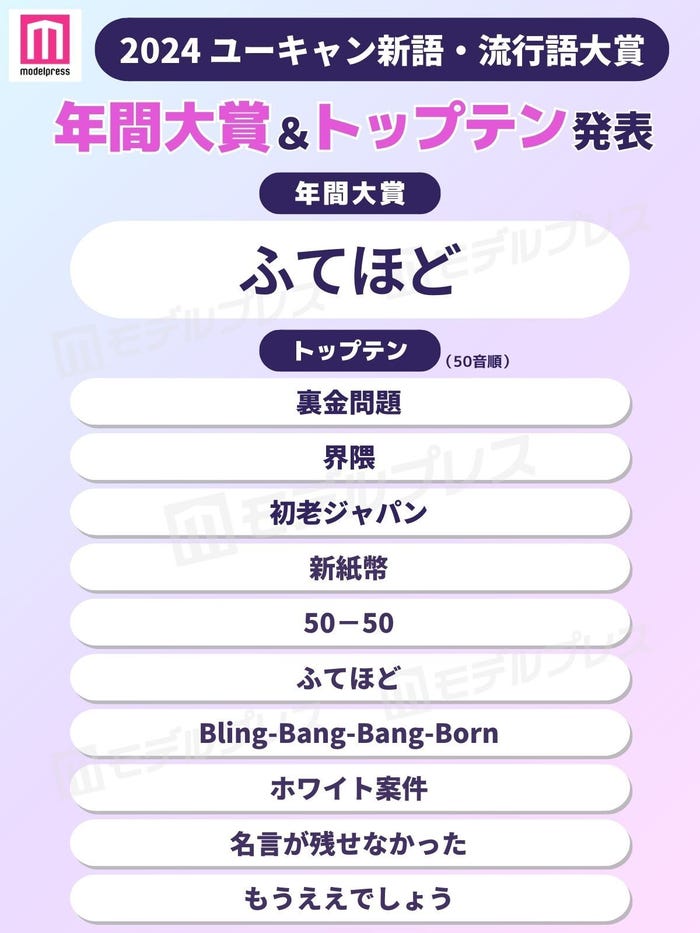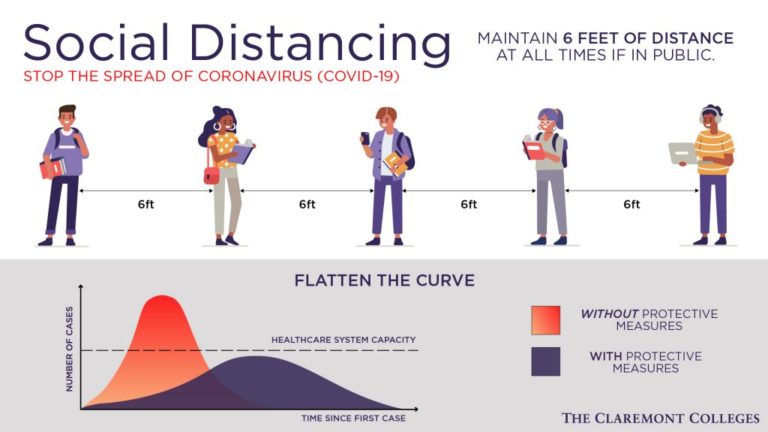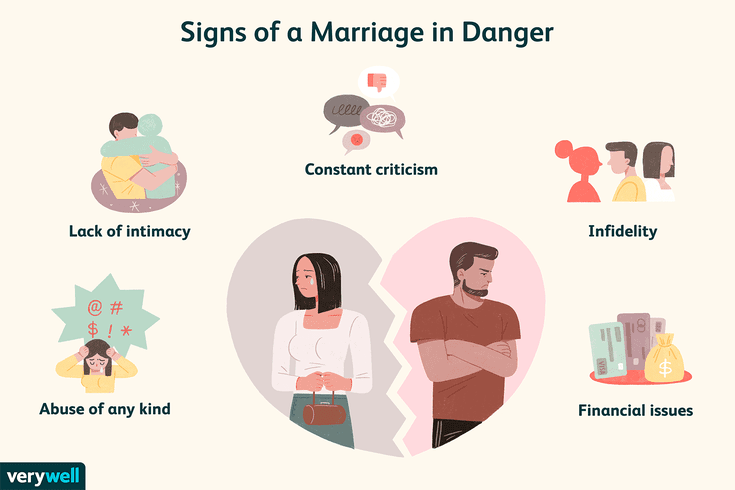
1.Expecting only female coworkers to make coffee, insisting that drinks after work are mandatory and chain smoking on the bus — things that were “acceptable” in the past — will no longer fly.
2.Or at least that’s what organizers of a contest for Japan’s buzzword of the year declared with its crowning of “futehodo” — a nickname for a Japanese TV drama that depicts the generational gap between two eras — as the most trending word of 2024.
3.“Futekisetsu nimo hodo ga aru!” (“Extremely Inappropriate!”), a drama that revolves around a middle-aged high school teacher and father from the Showa Era (1926-1989) time-traveling to the current Reiwa Era (2019-present), explores the tension between the norms and expectations of the past and present.
4. The popularity of the show this year and the outcome of the annual buzzword contest, U-Can Shingo Ryukogo Taisho, indicates that many “extremely inappropriate” incidents took place in 2024, which led the nation to reevaluate values from the past.
5. “I think ‘uragane mondai’ (slush funds scandal) was probably the most popular phrase among people,” said manga artist Mitsuru Yaku, one of the judges in the contest. “But (the reason why) we purposefully chose futehodo is because it has a paradoxical affinity with this award. There are many words that had received this award in the past that can no longer be used for legal compliance reasons.”
6.The slush fund scandal made it into the contest’s top 10. Following a revelation that many members of the ruling Liberal Democratic Party had underreported funds they collected through fundraising parties, the scandal dominated this year’s news cycle.


7.That several money-related words such as “uragane mondai,” “howaito anken (white jobs)” and “tokuryū (quasi-gangsters)” were submitted to the contest is likely due to the sentiment that, in part because of the weak yen, it has felt like the entire country has become poorer in recent years, said manga artist and columnist Nameko Shinsan, another judge.
8. “Howaito anken,” which also made the top 10, is a euphemism used by recruiters on social media to whitewash listings for yami baito, shady part-time jobs that promises unusually high pay but involve ethically questionable or outright criminal acts.
9.“Mō ē deshō” (“Isn’t this enough?”), a catchphrase from “Tokyo Swindlers,” a Netflix hit show that depicts real-estate scammers, also made the top 10. On a more positive note, “shin shihei” (new banknotes) made the cut too, following this year’s redesign of ¥10,000, ¥5,000 and ¥1,000 notes for the first time in 20 years.





